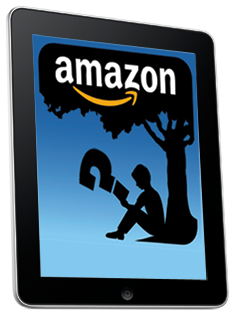In an excellent story, Ben Austen of Businessweek confirms that the death of Borders had more to do with bad decisions on its part than e-books rendering dead-tree books obsolete anytime soon:
Nashville’s story is not unique. When Borders declared bankruptcy in February, more than 200 of its 400 outlets were still “highly profitable,” says its final chief executive officer, Mike Edwards. There’s no question that the book industry is in flux, with digital sales last year making up about $900 million of the $28 billion-a-year market and increasing fast. But a sizable portion of the book business is still taking place in actual stores. Barnes & Noble (BKS), the nation’s largest book retailer, hasn’t been forced to close its 700 locations. Thus, it wasn’t Amazon (AMZN) —or Amazon alone—that sank Borders. “When there’s a massive transition in an industry, the strong players make it through to the other side,” explains David A. Schick, a retail analyst who covers booksellers for Stifel Nicolaus Equity Research (SF). “What gets caught up in the change are the weaker players.”


 Barnes & Noble’s first e-reader was the
Barnes & Noble’s first e-reader was the  It’s a sign of the times. Amazon on Wednesday said that it will allow Kindle users to borrow e-books from their local libraries. The service would be available at about 11,000 locations nationwide, and will also be open to those using Kindle applications.
It’s a sign of the times. Amazon on Wednesday said that it will allow Kindle users to borrow e-books from their local libraries. The service would be available at about 11,000 locations nationwide, and will also be open to those using Kindle applications.
 Borders, the second-largest bookstore in the United States, has
Borders, the second-largest bookstore in the United States, has 